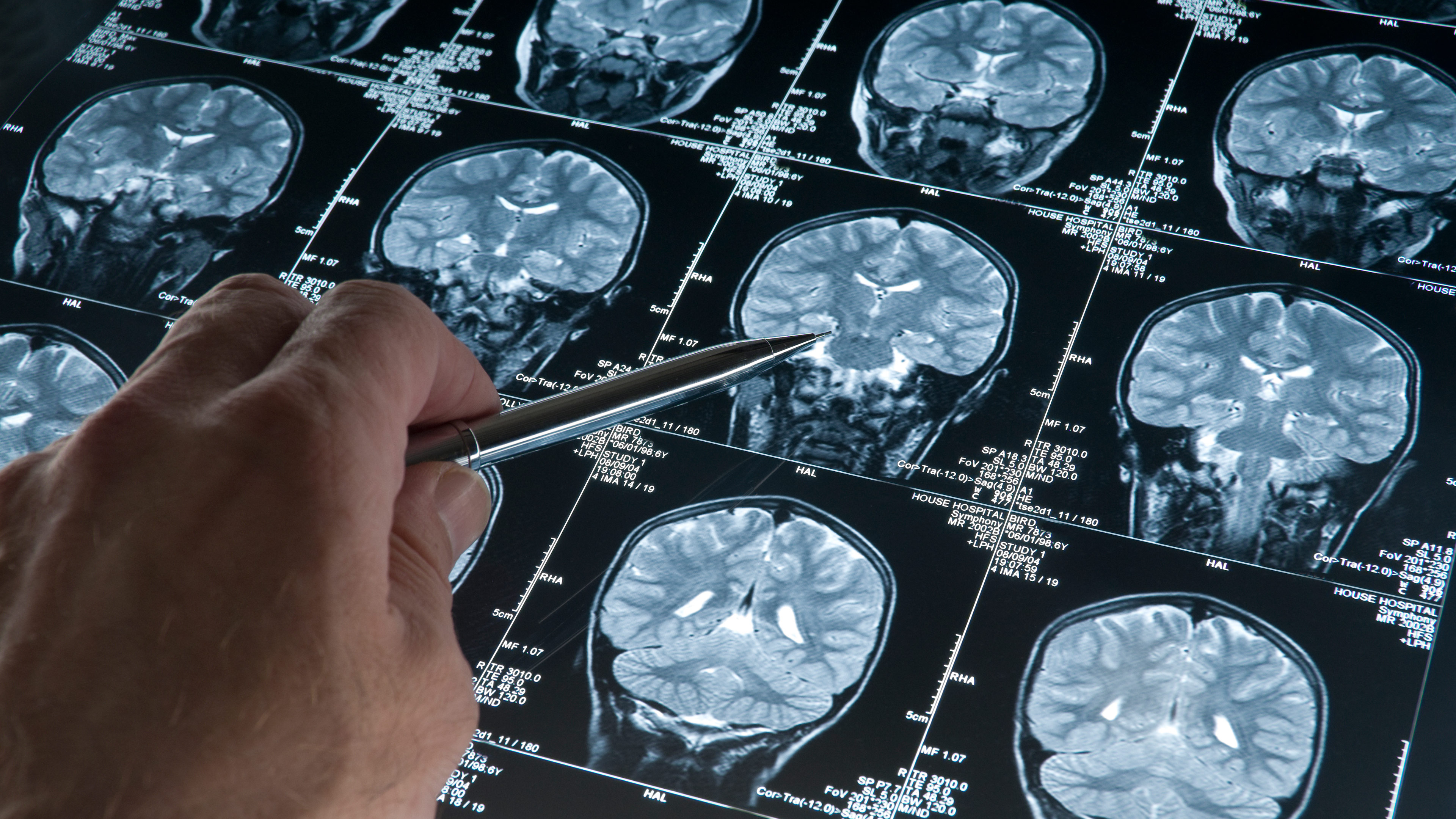Neurological
Cerebrovascular Conditions

Special issuance medical recertification is possible following a cerebrovascular event, including e strokes, transient ischemic attacks, transient global amnesia, or other disturbances of consciousness.
Following a stroke, the FAA requires a full two years of uneventful recovery and observation. In addition, the following is also required:
- medical records of treatment and hospitalization, if any;
- a current neurological evaluation;
- Neurocognitive testing
- a current echocardiogram and a carotid Doppler ultrasound;
- If the stroke is related to a heart or vascular condition such as atrial fibrillation or carotid artery disease, a cardiovascular evaluation will also be required.
A TIA (transient ischemic attack) is considered a “mini-stroke” with only a brief disruption of blood supply to the brain. A two year recovery period is required following a TIA; however, if the cause of the event can be identified and corrected, such as carotid artery disease or atrial fibrillation, the FAA may reconsider the case in less than two years. Required records and testing includes:
- complete treatment record
- a current neurological evaluation;
- a current cardiovascular evaluation;
- a carotid Doppler ultrasound;
- a current M Mode/2D echocardiogram;
- MRA or CTA of head and neck:
- Neurocognitive testing will be required if clinically indicated
Transient Global Amnesia is a sudden and temporary period of memory loss that is not associated with a more common neurological condition. A period of at least six months symptom-free recovery without recurrence is required for any class of medical certification. The FAA will require treatment records and a current neurological evaluation. The evaluation should include complete records of treatment and a detailed narrative from the neurologist with supporting data to support confirmation of diagnosis, and a current EEG and MRI. If the event was witnessed by another person, a statement of observation from that person will also be helpful. The case will most likely be sent to an FAA neurology consultant before a decision is made, and this can take several months.
How/Where to Submit to the FAA
Helps you find the contact information for submitting your medical records.
Updated February 2018